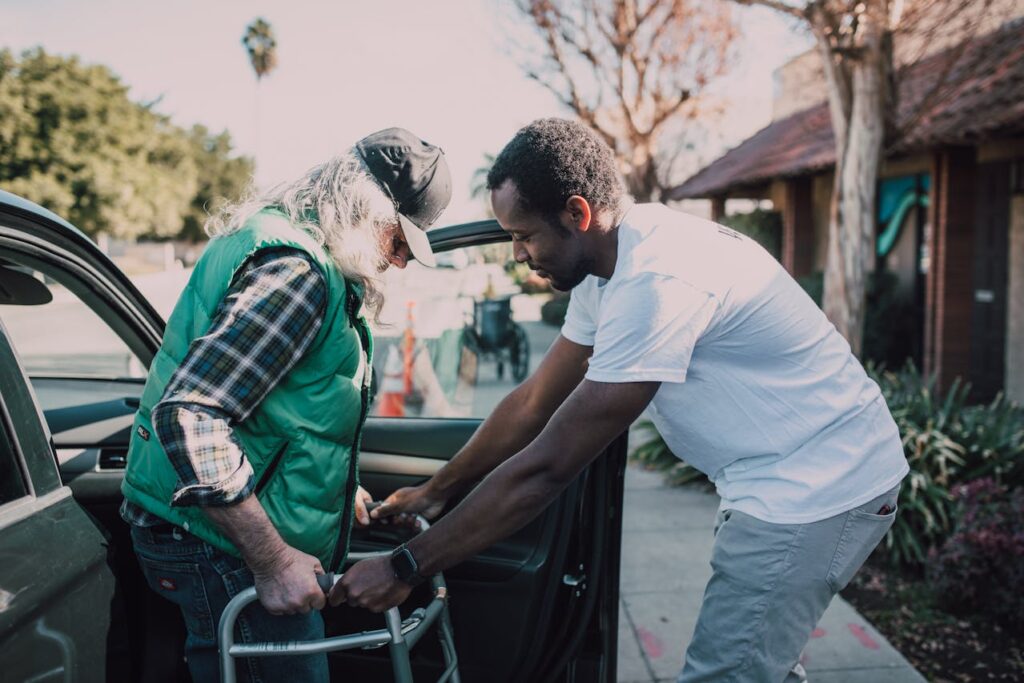Meaning: This idiom is used to describe taking a firm and decisive stance or action, especially when dealing with a situation where one feels it is necessary to assert authority, establish boundaries, or enforce compliance. It implies setting limits, making a strong decision, or taking control of a situation.
Usage in Example Sentences:
- “As a parent, sometimes you have to put your foot down and enforce the rules.”
- “After months of negotiations, the boss finally put her foot down and made a decision.”
- “He had to put his foot down when his colleagues kept interrupting him during the meeting.”
Origin: The origin of the idiom “put your foot down” is literal, referring to the act of forcefully placing one’s foot on the ground as a symbol of asserting authority or control. Over time, the phrase evolved into a metaphorical expression used to describe the action of taking a firm and decisive stance in a situation where one feels it is necessary to assert oneself or establish boundaries. It emphasizes the idea of making a strong and authoritative decision or taking control of a situation.










